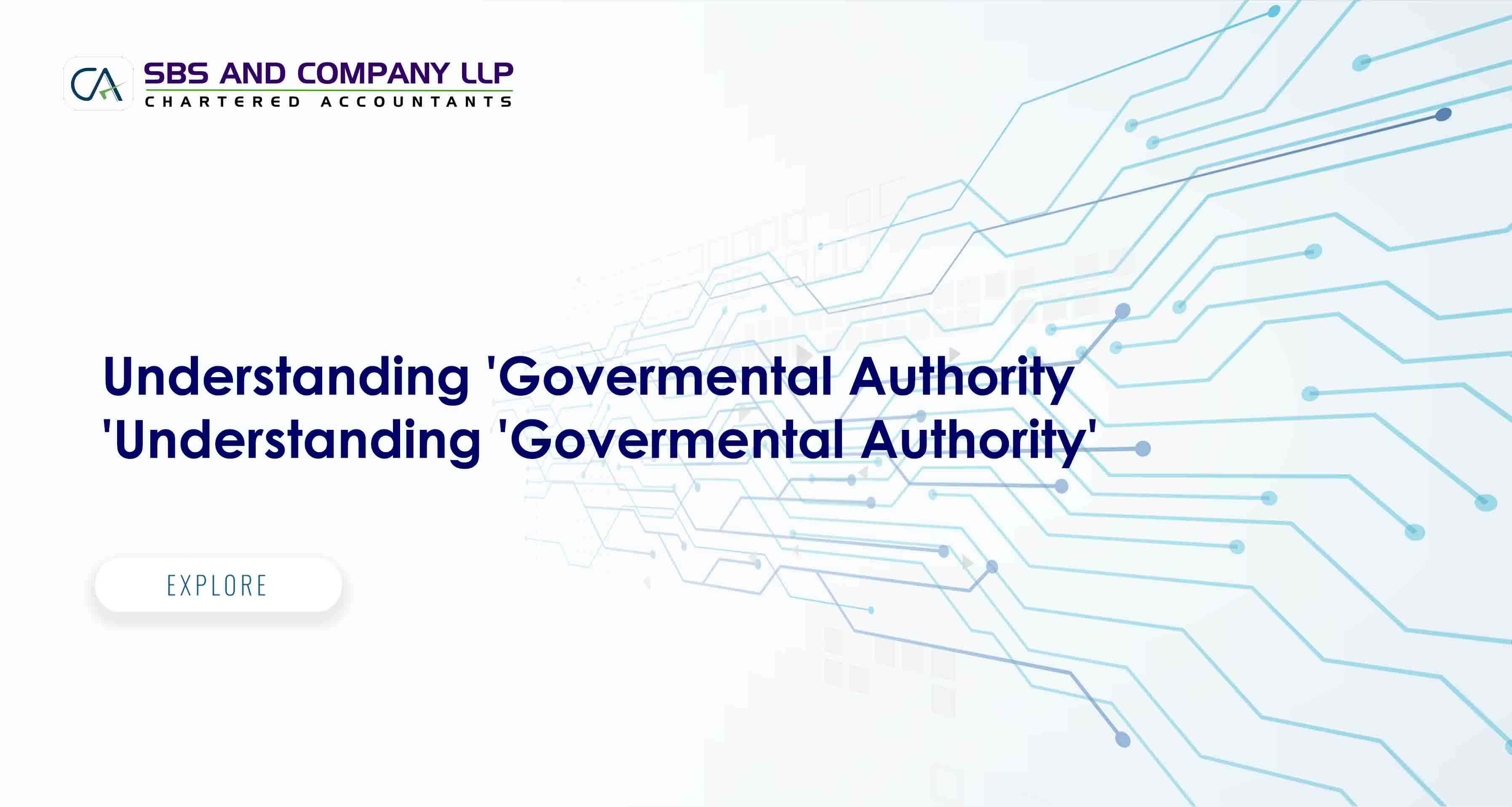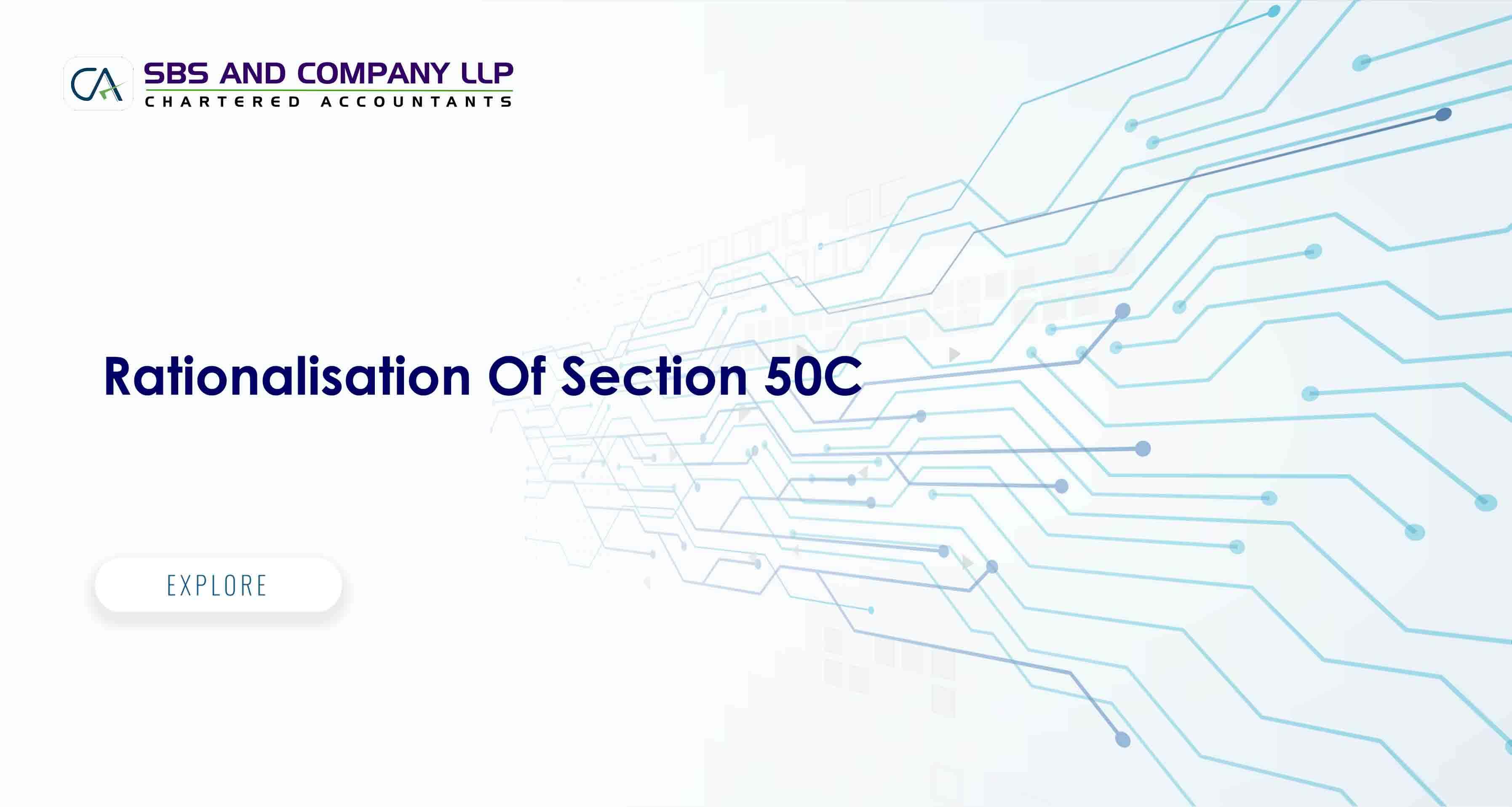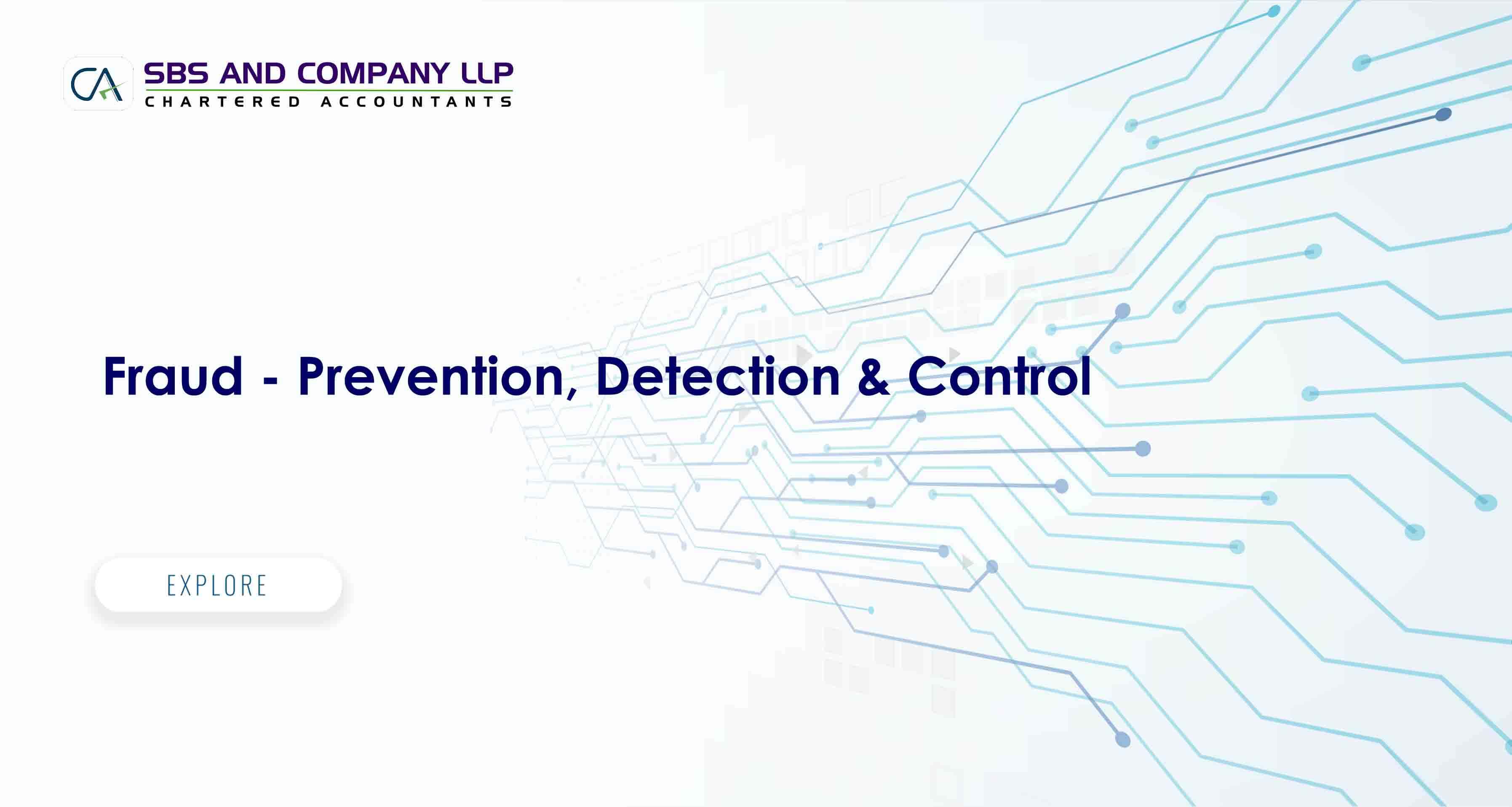From the title of the article, it is clear that entire discussion is relating to understanding of ‘Governmental Authority’ prior and post to the judgment of Honourable High Court of Patna in the case of Shapoorji Paloonji and Company Pvt Limited. Before going into the discussion, let us try to understand the significance of the phrase ‘governmental authority’.
We all know that negative list has been introduced from 01.07.2012 and post its introduction, majority of the exemptions are clubbed under single notification 25/2012-ST dated which is colloquially referred as ‘Mega Exemption Notification’. The subject notification grants exemption from service tax on various activities and has quite a long list. One such entry is Entry 12 which deals with exemption provided in respect of construction activities if the service receiver is ‘government, governmental authority or local authority’.








